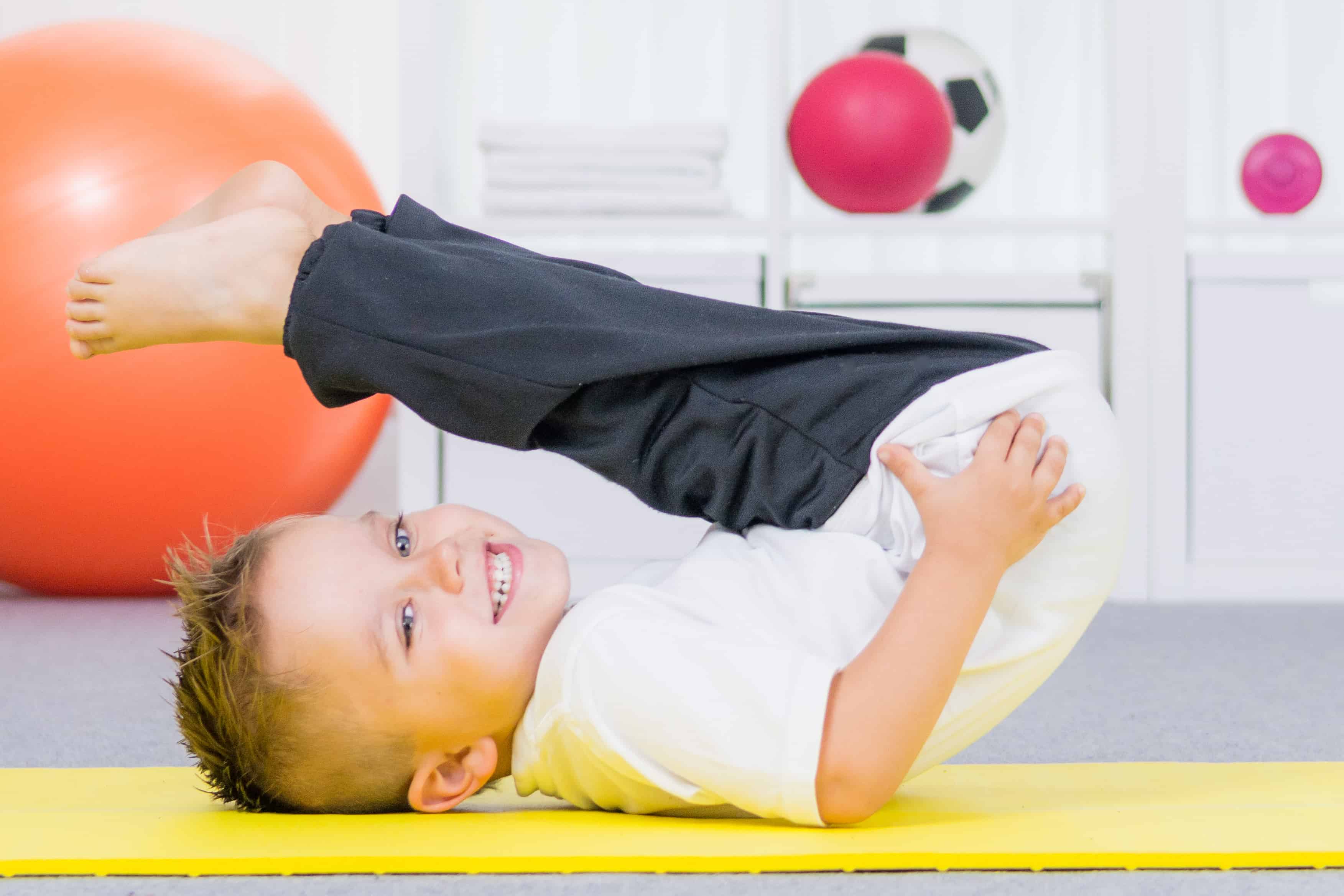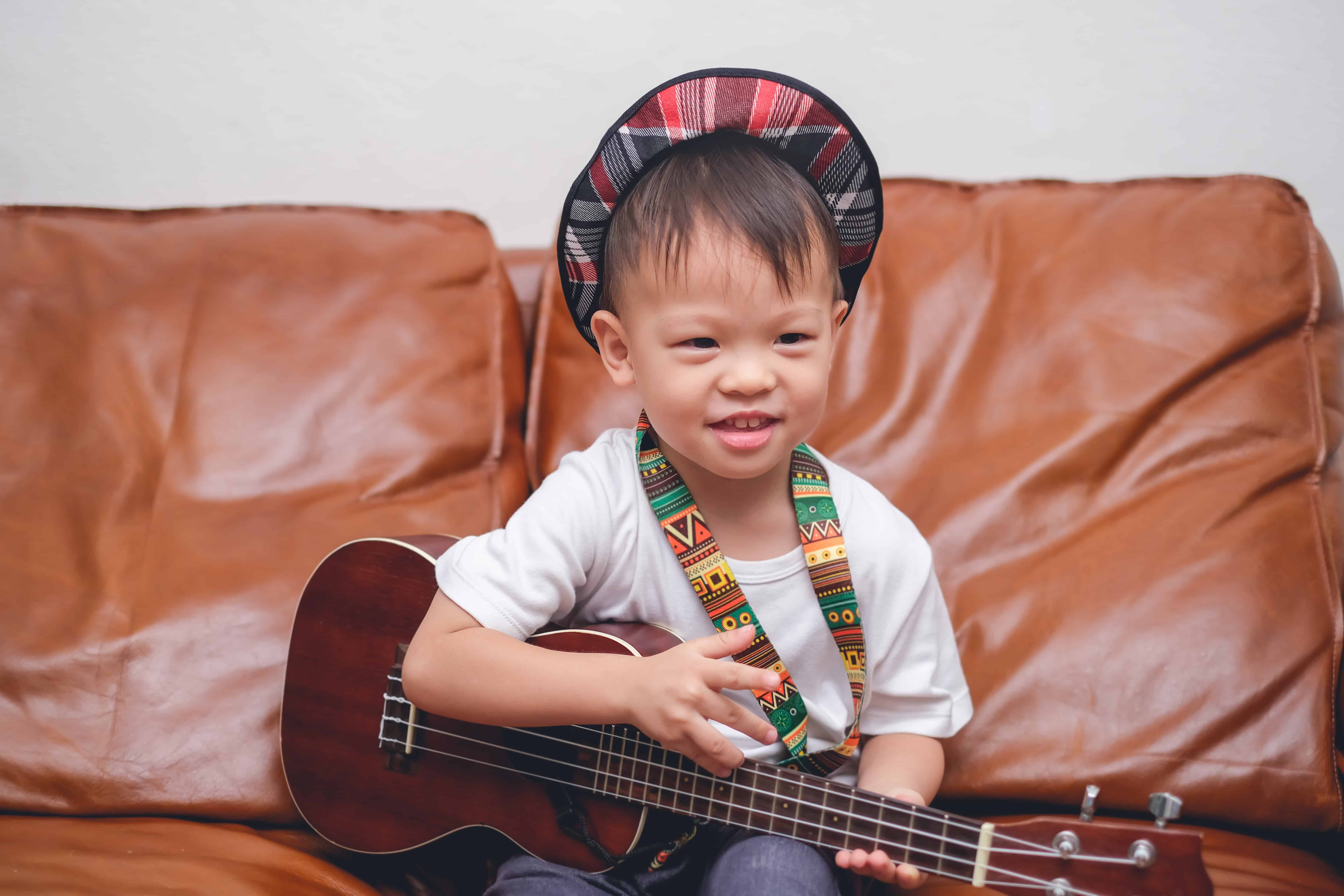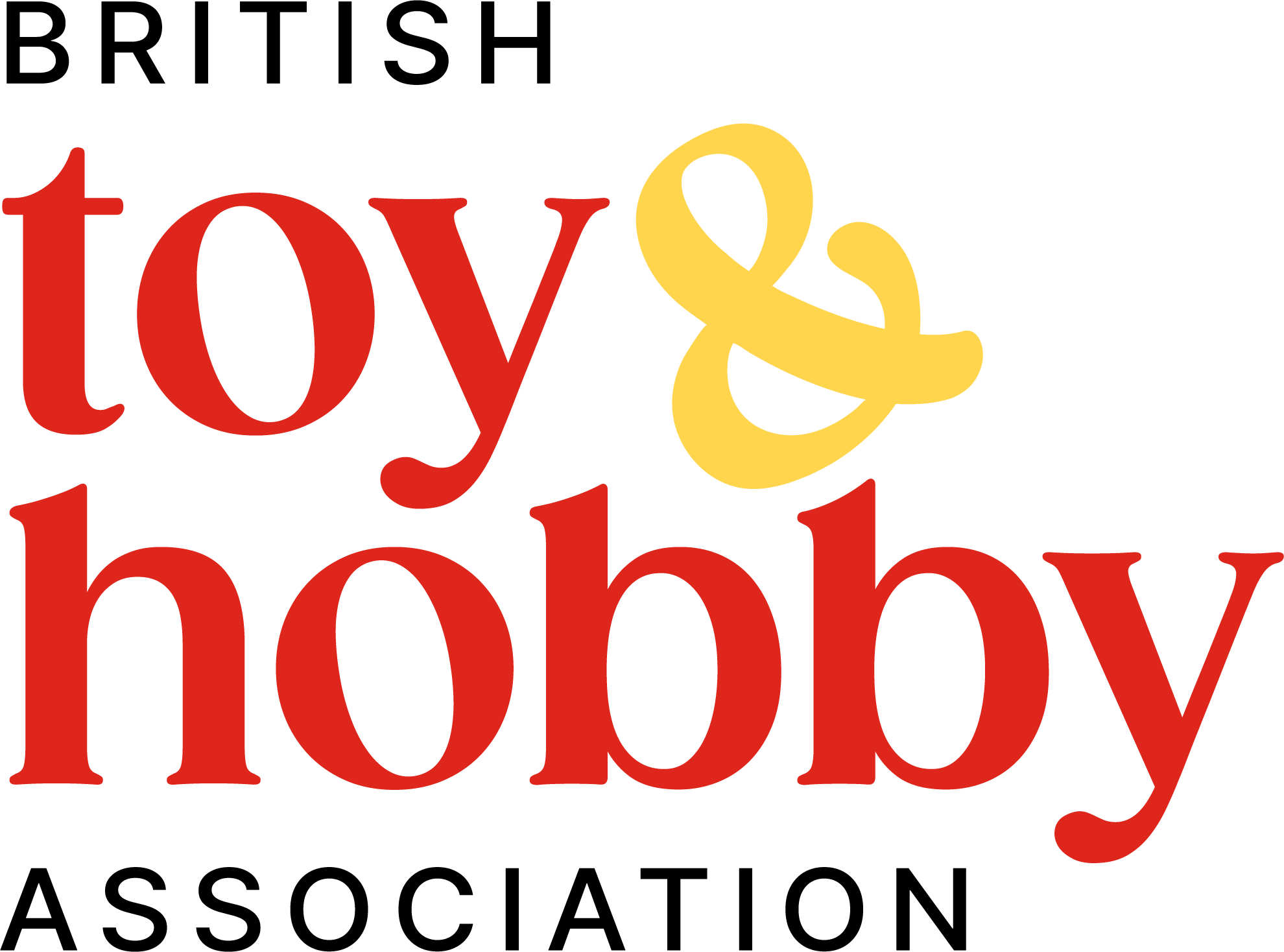Pre-School (up to 48 months)
As your child grows up they will grow stronger, more independent, and will develop their own personality. Encourage socialisation as often as you can with other adults and children. The more social your child is the more confident they are likely to be and they are likely to be better equipped when they start school.
Between the ages of three and five your child will start to appreciate cooperative play alongside other children and they understand the concept of taking turns. This will make it easier for them to start nursery school.
Pre-school children learn the concept of “mine” and “his/hers” and they will spontaneously show affection for familiar playmates and playthings. These factors often lead to children becoming possessive about their belongings and friends at this age. They will take pride in their accomplishments and may start to become competitive and want to win at everything; strike a balance between letting them win, to build their confidence, and occasionally making them lose, so they understand how to lose gracefully in preparation for interacting socially when playing with other children.
At about four-years-of-age children find it difficult to tell the difference between fantasy and reality and may have imaginary friends. They may also develop imaginary fears, such as a fear of the dark, and a fear of “monsters”. It is important to be reassuring and make sure that toys, games and other forms of entertainment are appropriate for the age of the child.
Physically they will be able to jump up and down, run, climb, catch and kick a ball. They will be able to show a wide range of emotions and will develop a sense of humour and will love to play tricks!
You can give children toys such as dress up clothes and games that allow them to expand their experiences and develop their imagination as they invent fantasy worlds; children are happy at playing alone or with other children when playing “make-believe” – you can join in but let your child lead this play. Keep them active with tricycles, then bikes, and scooters and develop their minds with puzzles and crafts.
Children’s abilities and experiences vary enormously in this age group. One child may be able to complete a 30 piece jigsaw by herself, whilst another may need help with a 4 piece puzzle; this is perfectly normal. All you need to remember is to work out your child’s level – then they can have fun whilst honing new skills! Social development is considered to be a very important area of development during these years. Consequently, toys that encourage social interaction and skills such as sharing, turn-taking and communication are really good for this age group.

It is also a great idea to build children’s confidence to prepare them for when they start entering the classroom. These skills include:
- Holding a pencil correctly
- Understanding that words are written and letters make sounds
- Counting
- Shape recognition
- Doing up and undoing buttons
- Getting dressed
- Eating with a knife and fork
- Being able to sit and concentrate for short bursts of time which you can gradually increase
- Make believe with dolls, teddies, people
- Dressing up as characters
- Let your child tell you a made up story
- Matching an object / colour in the room with one in a book
- Play food – can demonstrate how to eat properly and mimic parents’ behaviour
- Arts and crafts
- Painting
- Soft play area*
- Arrange a play date*
- Reading books
- Hide & Seek
* kids can explore in a safe environment whilst socialising with other children
Remember: All children develop at different rates so the ages and stages of development given here act as a general guide. You shouldn’t worry unduly if your child develops later at a particular skill; they often develop faster at something else. If you do have worries you should seek expert medical advice.
| When buying any toys for the under 3s always ensure you have checked the safety advice on the packaging. At this age children put things in their mouths and toys that have small parts are dangerous as they can cause choking. Avoid toys with a warning “not suitable for 0-36 months” and if you have older children in the house keep the toys separated to avoid your baby swallowing small parts from older toys. |



 Facebook
Facebook Twitter
Twitter YouTube
YouTube Instagram
Instagram
